By Lea Struck
Perhaps this sounds familiar to you: Finally, you have found the right commercial flight and on top of that you could even get a cheap offer. Only a few hours later, however, the same flight suddenly costs a lot more. But why do these price fluctuations exist and how is the airfare calculated? Fly Aeolus explains what the costs of a flight are and who ultimately pays for them. You also learn how the costs of commercial airlines differ from those of our Air Taxi and why our prices are in contrast fixed.
Ticket costs of a commercial airline
The further the distance, the higher the costs for fuel and personnel. Sounds logical, but is by no means everything. In total, three major factors contribute to the final ticket price: The cost of operating the aircraft with its crew, taxes and fees, and the service charge. Nonetheless, these costs vary between each airline and certainly depend on the route and type of aircraft.
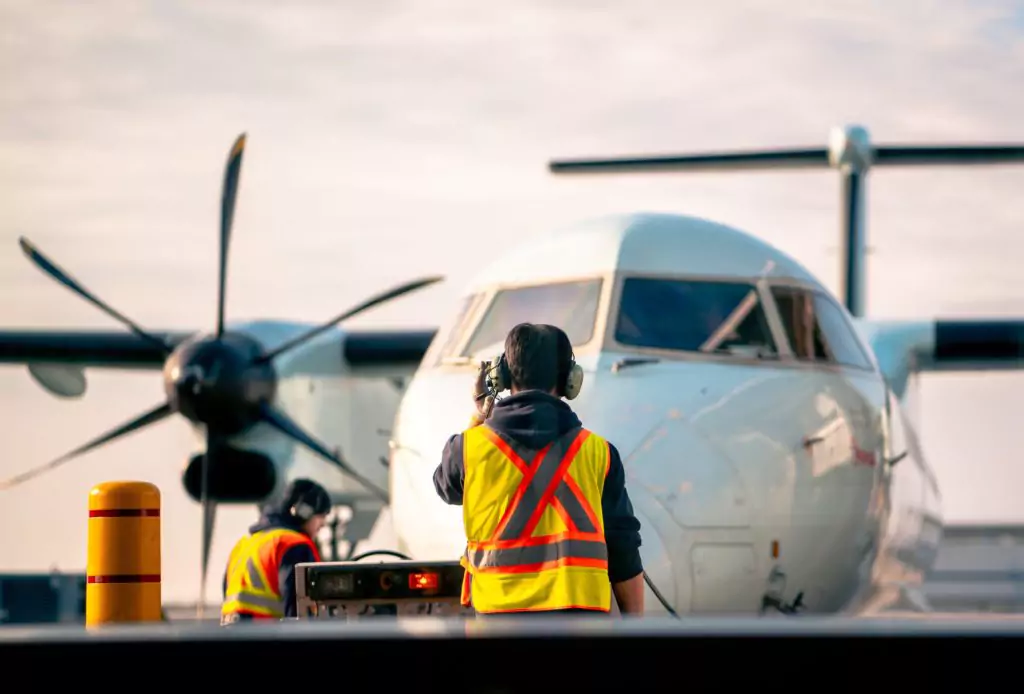
The aircraft and its crew
The costs of operating the aircraft with its crew costs refer to everything that has probably already crossed your mind first. It covers the generally fixed costs of the airline and the variable costs such as paraffin or the wages of the pilot and his crew. The fuel here already accounts for around 35% of the ticket price. What may not seem entirely obvious is the cost of capital, which also enters into the equation. For example, the aircraft depreciation and amortization, the flight equipment insurance and maintenance, air traffic control charges, and other operating expenses are all worth mentioning.
Taxes and fees on the ground
Land and take off whenever and wherever you want? Unfortunately not. As you can probably already imagine, there are some costs of a flight, which are not too obvious. Those you also have to cover in your ticket price. Apart from the taxes that are levied by the airline, for example as a fuel surcharge, there are all kinds of other fees that need to be considered. Starting on the ground, every airline has to pay for passenger fees. This is calculated per passenger and the height depends on the respective departure and arrival airports, to which the amount is also directly paid.
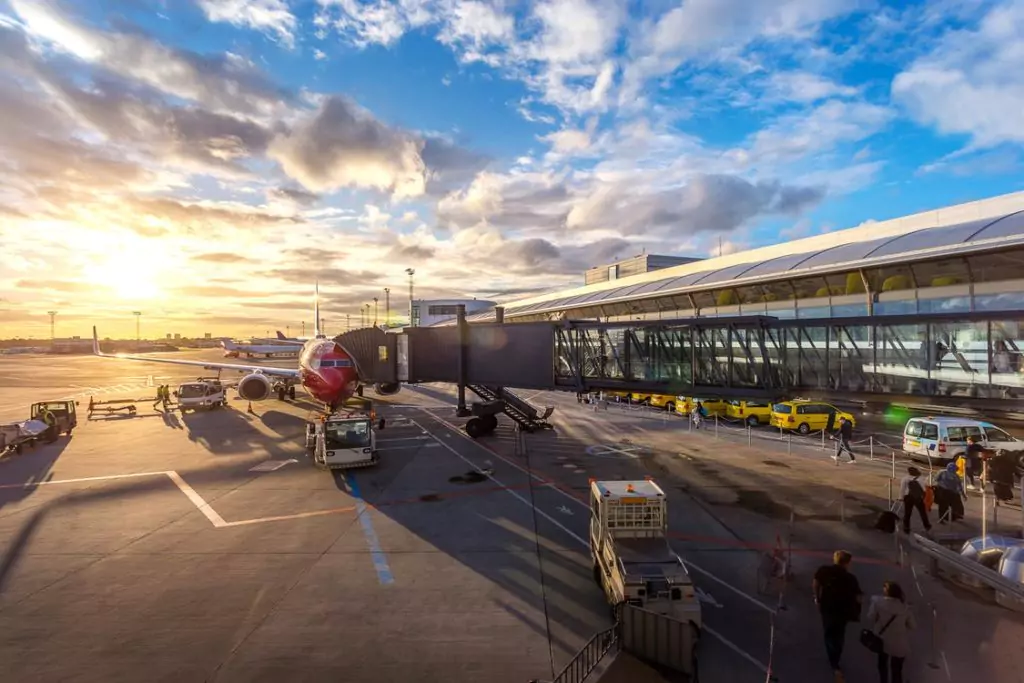
On top of this, there are airport charges, which should also be covered by your ticket purchase from the airline. These costs include, for example, take-off and landing fees, parking charges, and security fees. At some airports, as an airline, you must also pay noise and emission charges. Normally, however, all prices are added together, resulting in a total airport price.
Taxes and fees in the air
But that’s not all: Even above ground charges are incurred: The air traffic levy has been levied as a special tax in Germany since 2010 and in Austria since 2011, with the amount being determined by the length of the flight route. For the sake of simplicity, the distinction between short, medium, and long-haul flights is only made on a country-specific basis. As a benchmark, the largest airport of the respective country is used, which in Germany would be Frankfurt Airport, for example. However, similar fees are also charged in other countries. In the Netherlands, for example, as well as in France, an aviation tax has been introduced. Unlike in Germany and Austria, a distinction is only made between European and intercontinental flights.
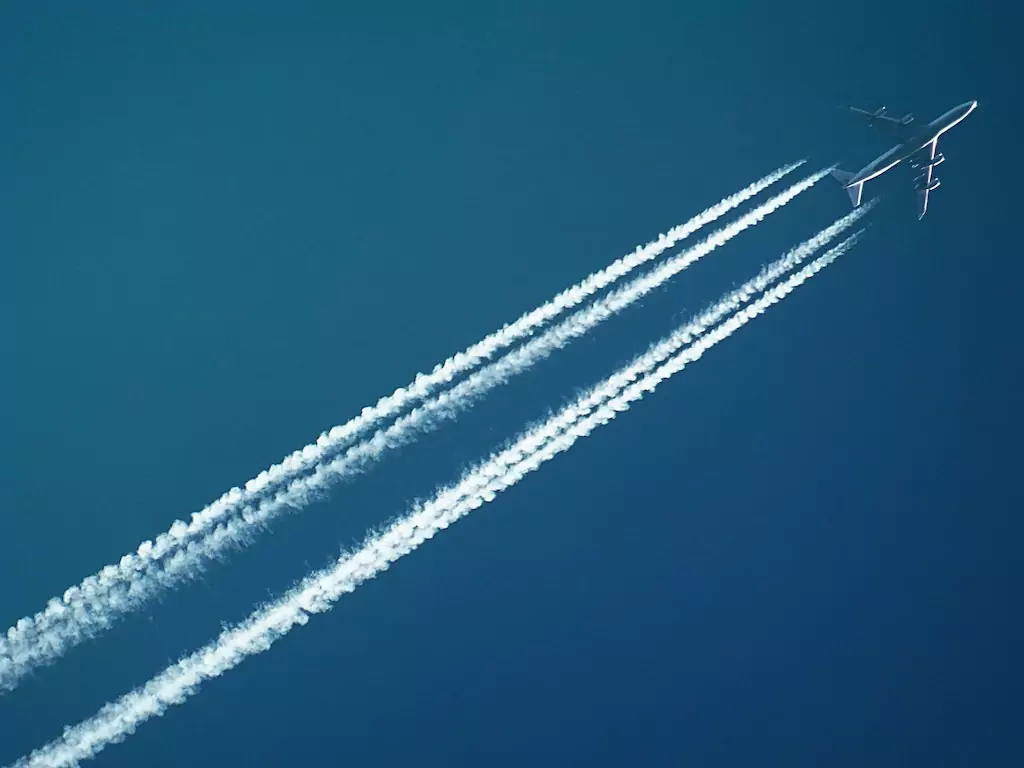
Together with the aircraft and its crew costs, taxes and fees together account on average for 80% of the total cost. They are called direct operational costs, as they are directly related to the operation of the aircraft. The other 20% is made up out of indirect operational costs, which includes for instance overheads, marketing, and service charges.
Service Charge
Service charge is the only source of income for travel agencies and online portals and includes all costs for issuing and selling airline tickets. This is also the reason why you are not entitled to a refund of the service fees in the event of cancellation.
Ancillary services like extra luggage, food and drinks on-board, in-flight shopping are not a part of the service charges. This unbunding of services method is often used by low-cost airlines. Here, additional costs are not added to the initial flight price until a later point of time. By doing so, customers can be attracted by a cheap offer. It is worth mentioning that these auxiliaries can account for around 25% of the low cost airlines’ turnover.
As you can see, many factors affect the cost of your flight ticket. In fact, you yourself are the main bearer of these costs. However, this is not so surprising when considering that you as a customer are also the primary source of income.
Price fluctuations within a few hours
How the individual price is composed is clear now. Why however are there price fluctuations taking place within the same flights? This process is very complex and often gives customers cause for surprise or even annoyance.
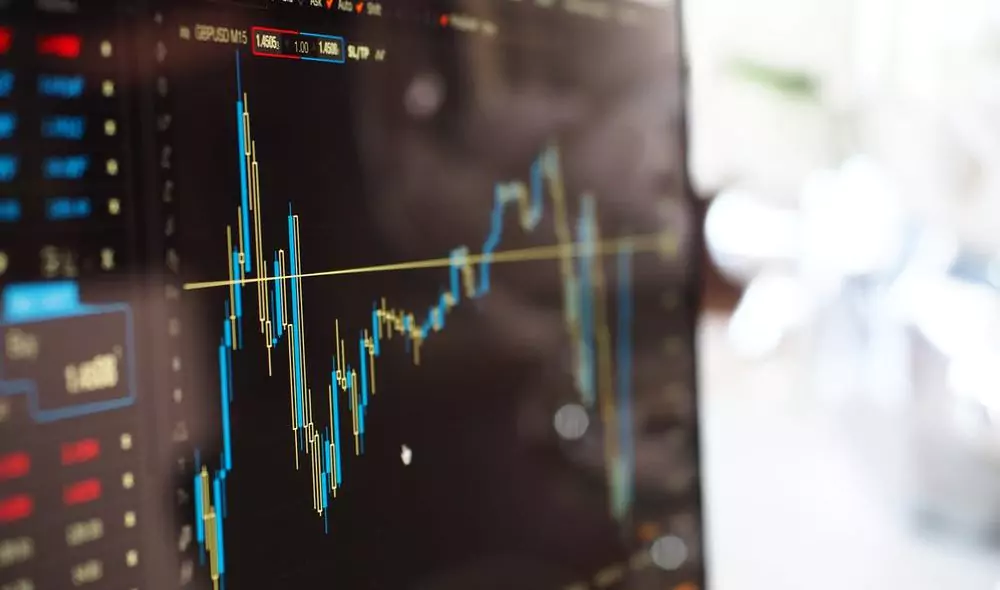
The airline’s pricing policy is determined by demand and supply. Airlines aim to gain as much revenue as possible, whereas trying to fill the seats. It is therefore an optimization game in which the right ticket needs to be offered to the right customer at the right time.
However, how much companies can gain from their customers depends heavily on a number of factors. In addition to the already mentioned varying fees at airports, a constant eye is kept on the demand of potential customers. In vacation periods or at weekends, for example, significantly more passengers want to fly and are therefore prepared to pay higher prices. As a result, airlines raise their prices. On the other hand, if the demand is rather low, they try to lure customers with low prices. In this way, the companies guarantee an optimal total profit for each flight.
How is all this implemented?
This principle can also be explained by last-minute flights. Here, airlines aim to ensure that their customers have no choice but to take a particular flight. Accordingly, the customer is willing to pay more, which ultimately allows the airlines to make a profit with higher prices. As a buyer, it is, therefore, advisable to think anti-cyclically: When do the fewest passengers want to fly?
What already sounds complicated in theory is certainly no less a challenge in practice. For support, special technologies are used which constantly analyze the booking requests of the customers and check the number of seats. In the end, this method ensures that the majority of passengers pay a higher price. By the way, this real-time measurement also explains the hourly changing ticket prices.
A fixed price at Fly Aeolus
The pricing policy sounds complicated? But you can also save yourself the stress of finding an optimal flight. And not only that: As already mentioned, in the end, the majority of all passengers pay the higher price. Therefore, behind such a flight bargain there is a lot of time, organization, and also a little bit of luck required. This is clearly different from Fly Aeolus. Although there are similar fees and costs for a flight with the air taxi, the price is not determined by demand. In contrast to commercial airlines, you pay a fixed price. Without any price fluctuations.
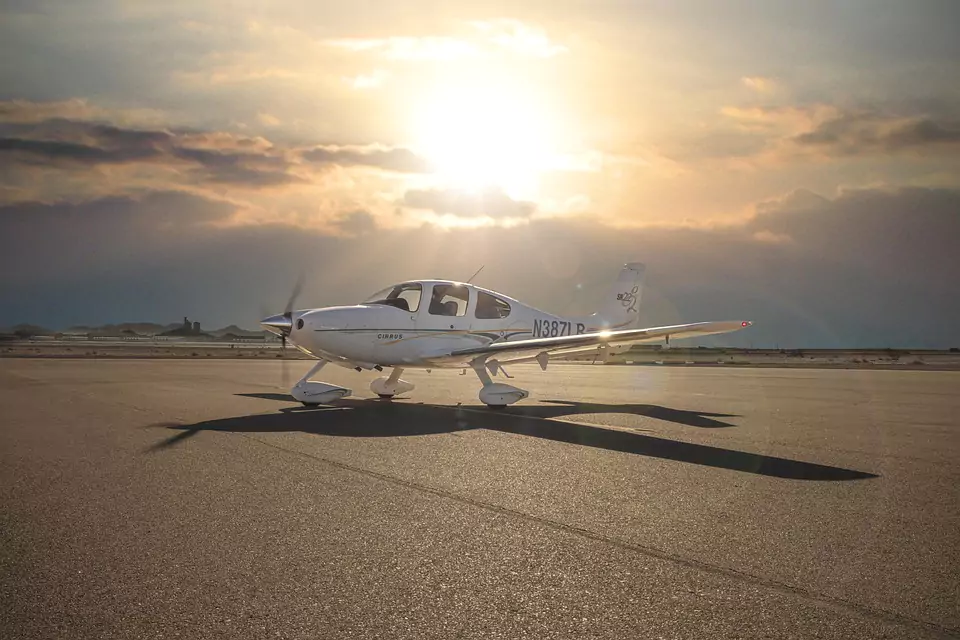
How is this possible with Fly Aeolus?
The airfare at Fly Aeolus is made up of four components: Aircraft cost (including aircraft repositions), crew expenses, airport fees, and service charges. Sounds pretty similar to commercial airplanes? Not quite. Unlike airlines, Fly Aeolus is able to constantly reduce prices through various factors.
But how can we guarantee this? Fly Aeolus has its fleet of aircraft distributed in Belgium, the Netherlands, Germany, and France. While continuously adding aircraft to its fleet this saves on repositioning costs, for example. Fly Aeolus also works under a fractional-ownership model. That, again, allows you to book a private jet at a reasonable price.
In addition, the aircraft type Cirrus SR22 can take off and land from over 1,600 small and large airports throughout Europe. Small airports do not only make the journey more pleasant and less time-consuming for customers, but airport fees can also be saved.
Apart from the costs of flight, there are other differences between commercial airline and a private flight that should be considered when booking. In any case, you will save yourself from fluctuating prices and a stressful ticket search. Please see our price calculator for a customized air cab offer.
You are also more than welcome to contact us at info@flyaeolus.com. Or reach us directly at +31 (0)15 820 0999 for further information!